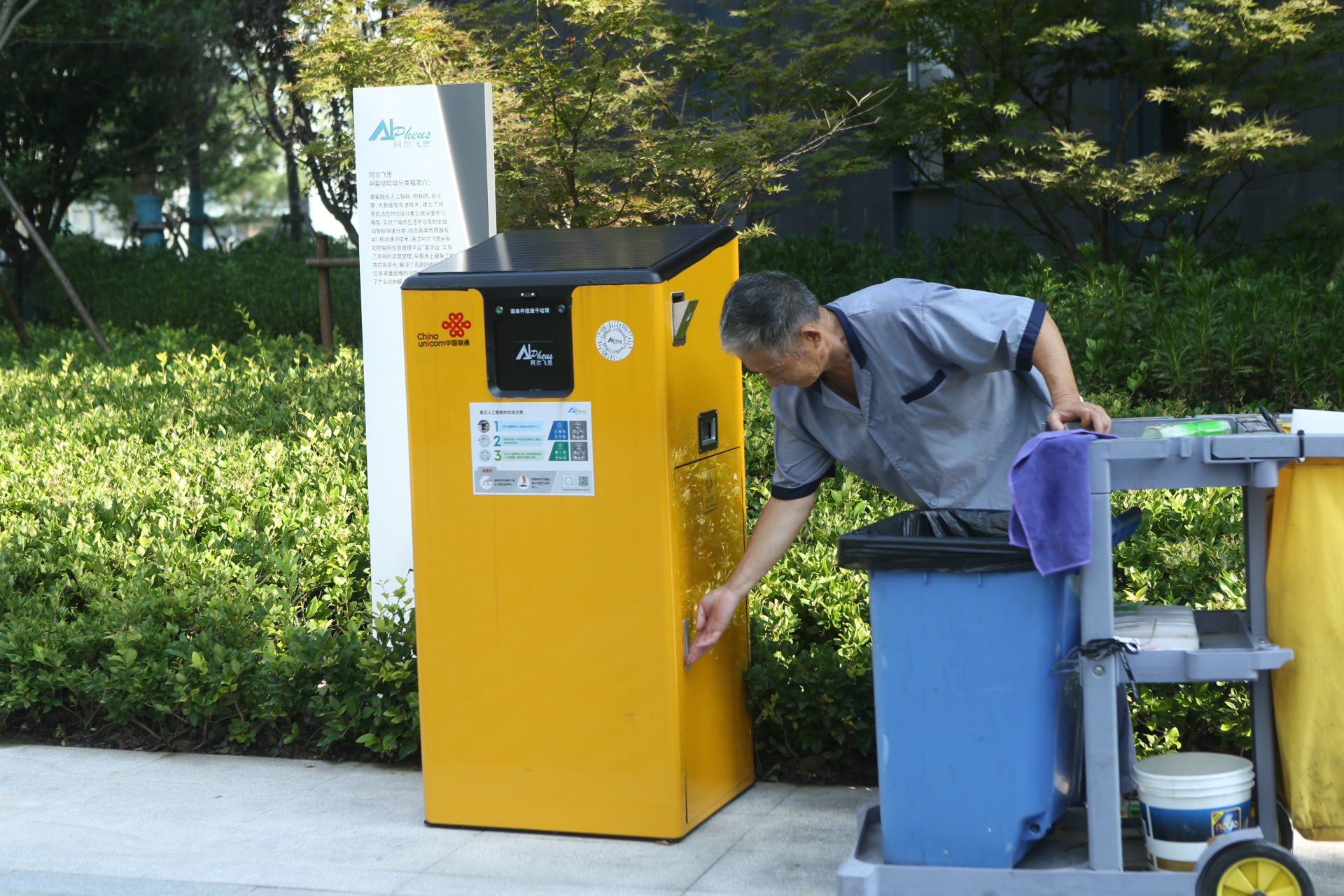Smart trash cans but no social media in new ‘digital economic development plan’
Beijing’s campaign to tame the internet platforms doesn’t mean an aversion to digital technology. But the government wants technology deployed in the real economy, to make factories more efficient, and cities and villages better places to live.

China’s State Council just unveiled parts of its 14th Five-Year Plan for the digital economy. (See English readout here and Chinese here.)
China will ensure digital innovation plays “a bigger role in economic development.” Here, China isn’t referring to big tech (e.g., Tencent and Alibaba), whose absence from the report is notable. It’s referring to the strategic fields (quantum, 5G, AI), the digitalization of older processes (industrial internet), and public services.
- By 2025, the plan says, the digital economy should be in “full expansion mode,” with the value added to the industrial sector accounting for 10% of GDP. New business models “will be fostered.”
- The plan also refers to smart cities, digital villages, smart parking lots, smart charging centers, and smart trash cans in newly built residential areas.
The context: This is all consistent with Beijing’s Made in China 2025 plan, which specifically prioritizes technologies that can upgrade China’s industrial output.
- By 2025, China hopes to have: 60 million giga-speed internet users; $2.2 trillion worth of software and IT services; 45% penetration rate of “industrial internet platforms”; online retail sales of $2.6 trillion; $7.2 trillion worth of total ecommerce transactions; and 800 million users of online government services.
- China also emphasized better “governance” and “more competition” in the sector. Translation: Expect more rules around data governance and antitrust.
- It also hopes to bolster its information network infrastructure and build a national big data system that integrates all the data and algorithms.
The takeaway: Beijing wants the next digital innovations to come not from Big Tech platforms, but from digitizing legacy industries and finding new ways to accelerate industrial output. All the while, digitization will create more data, and that data can be harnessed for “smart” stuff like “smart cities.”
China news, weekly.
Sign up for The China Project’s weekly newsletter, our free roundup of the most important China stories.






